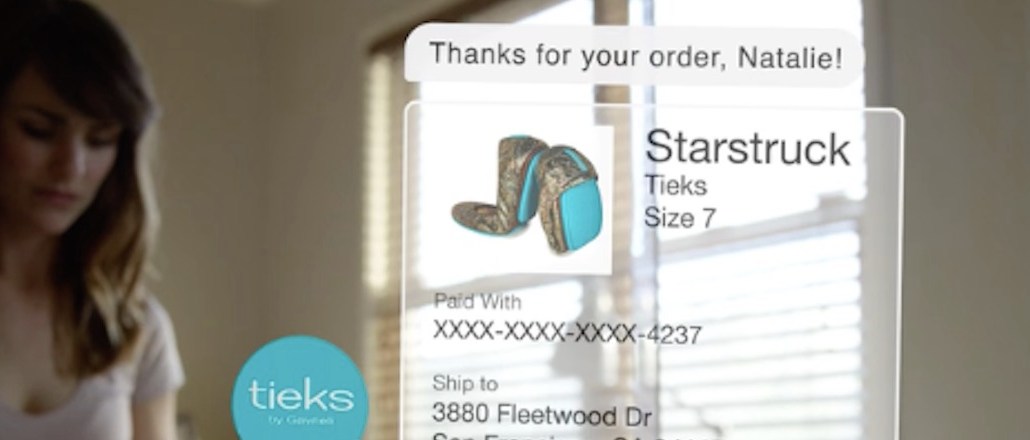Secure your place at the Digiday Publishing Summit in Vail, March 23-25
#F8: Facebook hopes its chatbots get you spending ‘way more than you want’ on shopping

Facebook is betting big on bots.
The social network announced tools for developers to build branded chatbots that can integrate with Facebook Messenger in a widely anticipated move. The tools let developers from any company create bots that can communicate with people using a mix of artificial intelligence and human oversight to mimic conversations.
Speaking at F8, CEO Mark Zuckerberg said he was irked at the number of apps that clutter his phone, many of which he barely uses. It’s his hope that Messenger’s 900 million monthly active users gravitate toward the app and connect with brands for all types of needs, like customer service or getting the news.
He showed off a new chatbot from CNN where people can get summaries of the news, and placed an order for flowers from 1-800-Flowers. “To order from 1-800-Flowers, you never have to call 1-800-Flowers again,” Zuckerberg said.”You don’t have to install an app or enter your credit card.”
Other launch partners include Spotify, JackThreads, Walmart, Sprint, the NBA, eBay and Lyft.
In another presentation, Facebook’s head of Messenger David Marcus described the bots as easy to use.

“You’ll spend way more money than you want on this,” he joked, showing off clothing retailer Spring’s chatbot. In a release, Spring said its bot allows the company to “test a new conversational commerce experience.”
Facebook told Digiday that it won’t take a cut of sales when someone purchases a product through a Messenger chatbot.
Marcus also said brands will be able to buy News Feed ads that will direct people straight to the chatbots if Messenger is installed.
Brands can begin building its bots today, he said.
More in Media

Media Briefing: As AI search grows, a cottage industry of GEO vendors is booming
A wave of new GEO vendors promises improving visibility in AI-generated search, though some question how effective the services really are.

‘Not a big part of the work’: Meta’s LLM bet has yet to touch its core ads business
Meta knows LLMs could transform its ads business. Getting there is another matter.

How creator talent agencies are evolving into multi-platform operators
The legacy agency model is being re-built from the ground up to better serve the maturing creator economy – here’s what that looks like.





